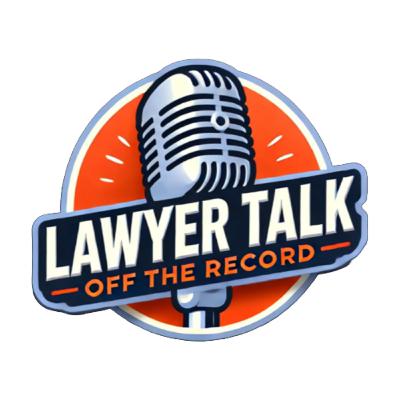How the Feds Handle Informant Deals in the Epstein-Maxwell Case | Lawyer Talk Q&A
Description
I’m tackling a question from Lucy about what’s really going on with Ghislaine Maxwell, Jeffrey Epstein’s infamous associate.
There’s a lot of mystery and speculation swirling around this case—from plea deals and pending appeals to the mechanics of Congressional subpoenas and whether Maxwell might actually decide to spill what she knows. I’ll walk you through the legal nitty-gritty: how prosecutors strike deals with defendants, the real deal behind “queen for a day” letters and proffer agreements, and the reasons why someone in Maxwell’s shoes would or wouldn’t talk.
I’ll break down what protections defendants actually get, how the government handles cooperation and sentences, and what it would really take to get new info out of Maxwell at this stage. If you’ve wondered how these high-profile deals get made, or what power Congress actually has when it comes to compelling testimony, you won’t want to miss this inside look.
Moments
00:00 Maxwell's Legal Battle and Subpoena
03:53 "Proffer Letter Concept Explained"
09:14 Government Deals and Maxwell's Legal Options
11:00 Maxwell's Potential Deal and Truth
Here are 3 key takeaways that shed light on the complexities of these headline-making cases:
- "Queen for a Day" Proffers: Defendants sometimes receive a "proffer letter," which allows them to share information with prosecutors without those statements being used directly against them. But this isn’t immunity—prosecutors can use any leads gained to pursue additional evidence.
- Why Maxwell Might (or Might Not) Cooperate: Despite public pressure, there are still real legal risks for Maxwell in talking, especially while appeals are pending. Unless she’s offered meaningful incentives (like a sentencing reduction) or immunity, there’s little reason for her to share details—especially in a public forum like a Congressional hearing.
- Evaluating Truthfulness in Deals: Even if a defendant agrees to cooperate, prosecutors must vet the information. Deals hinge on truthful, verifiable accounts—anything less could void potential leniency.
Got a question you want answered on the podcast? Call 614-859-2119 and leave us a voicemail. Steve will answer your question on the next podcast!
Submit your questions to www.lawyertalkpodcast.com.
Recorded at Channel 511.
Stephen E. Palmer, Esq. has been practicing criminal defense almost exclusively since 1995. He has represented people in federal, state, and local courts in Ohio and elsewhere.
Though he focuses on all areas of criminal defense, he particularly enjoys complex cases in state and federal courts.
He has unique experience handling and assembling top defense teams of attorneys and experts in cases involving allegations of child abuse (false sexual allegations, false physical abuse allegations), complex scientific cases involving allegations of DUI and vehicular homicide cases with blood alcohol tests, and any other criminal cases that demand jury trial experience.
Steve has unique experience handling numerous high-publicity cases that have garnered national attention.
For more information about Steve and his law firm, visit Palmer Legal Defense.
Copyright 2025 Stephen E. Palmer - Attorney At Law
Mentioned in this episode:
Circle 270 Media Podcast Consultants
Circle 270 Media® is a podcast consulting firm based in Columbus, Ohio, specializing in helping businesses develop, launch, and optimize podcasts as part of their marketing strategy. The firm emphasizes the importance of storytelling through podcasting to differentiate businesses and engage with their audiences effectively. www.circle270media.com





